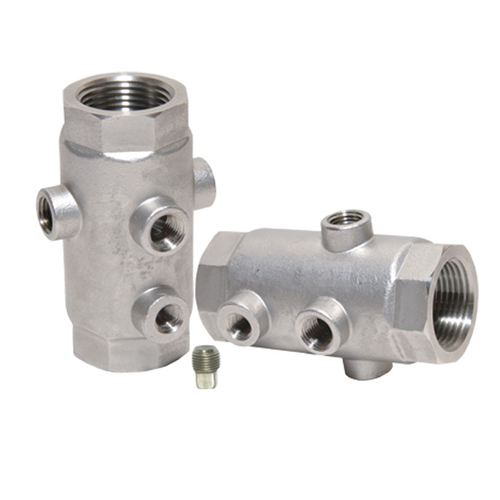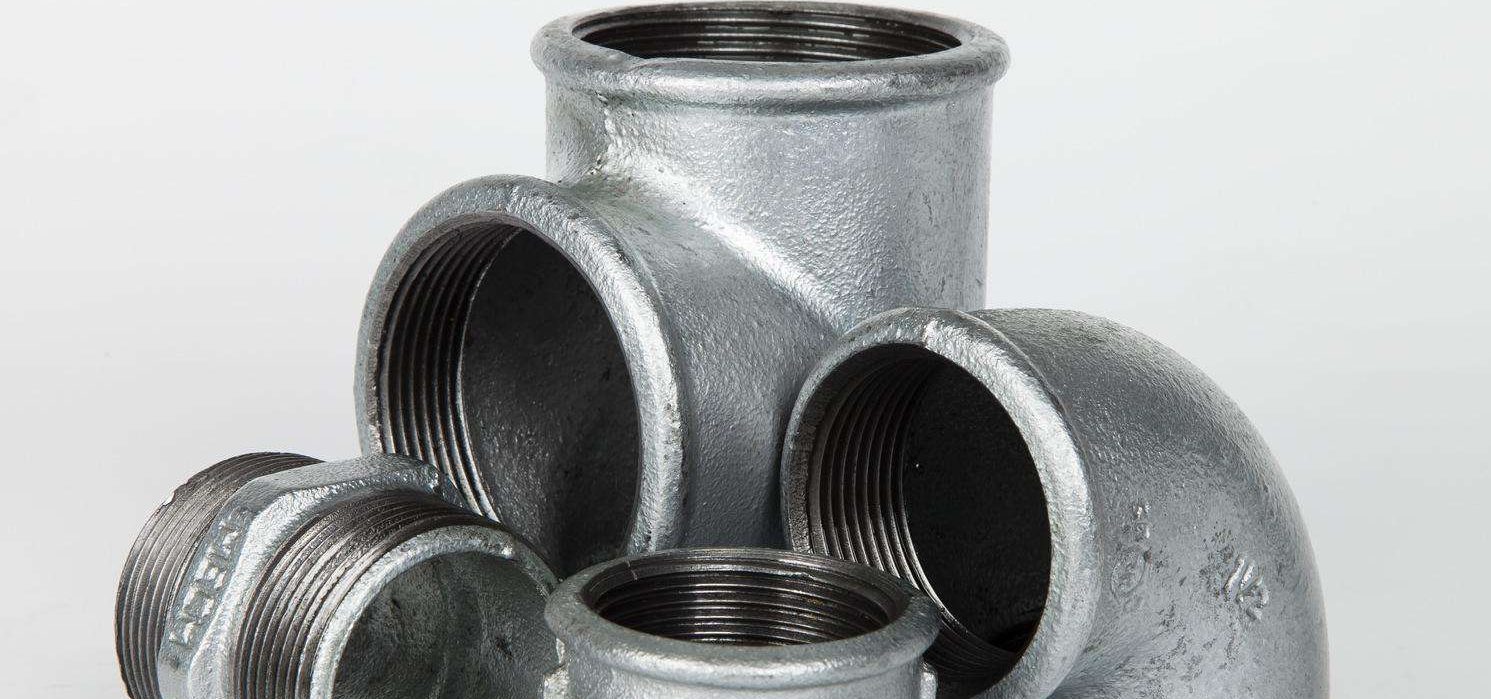Advancements and innovations in check valve technology for well pump systems are aimed at improving efficiency, durability, and reliability.
Some of the notable advancements include:
- Improved Materials: Manufacturers are developing check valves using advanced materials such as stainless steel, reinforced plastics, and corrosion-resistant alloys. These materials enhance durability and resistance to harsh environmental conditions.
- Smart Check Valves: Integration of sensor technology and IoT (Internet of Things) capabilities allows for real-time monitoring of check valve performance. Smart check valves can provide data on flow rates, pressure changes, and potential malfunctions, enabling proactive maintenance and optimizing system performance.
- Enhanced Flow Control: Innovations in valve design focus on optimizing flow characteristics to reduce pressure drop and energy consumption. Advanced flow control mechanisms ensure smooth operation across a wide range of flow rates, improving overall system efficiency.
- Self-Cleaning Mechanisms: Some modern check valves incorporate self-cleaning features to prevent debris buildup and clogging. This helps maintain optimal performance and extends the service life of the valve and the entire pump system.
- Adaptive Valve Designs: Adaptive check valve designs adjust their operation based on varying flow conditions and system demands. These valves can dynamically modulate opening and closing times to optimize flow control and minimize energy consumption.
- Anti-Cavitation Features: Cavitation can occur in high-pressure applications, leading to damage and reduced performance. check valve well pump Innovative check valve designs incorporate anti-cavitation features such as special trim materials and flow path geometries to mitigate the effects of cavitation and prolong valve lifespan.
- Noise Reduction Technology: Some advanced check valves utilize noise reduction technology to minimize operational noise levels, especially in high-flow or high-pressure applications. This improves the overall user experience and reduces environmental impact.
- Compact and Lightweight Designs: Advances in manufacturing techniques allow for the production of compact and lightweight check valves without compromising performance or reliability. These space-saving designs offer easier installation and maintenance, particularly in confined or remote locations.
- Environmentally Friendly Materials: With growing emphasis on sustainability, manufacturers are exploring eco-friendly materials and manufacturing processes for check valves. This includes using recycled materials, reducing energy consumption during production, and minimizing environmental impact throughout the product lifecycle.
- Integration with Renewable Energy Systems: As renewable energy sources like solar and wind become more prevalent, there is a trend towards integrating check valves with these systems to optimize energy usage and storage in well pump applications. Smart valves can coordinate with renewable energy inputs to maximize efficiency and reduce reliance on traditional power sources.
These advancements collectively contribute to the evolution of check valve technology, making well pump systems more efficient, reliable, and sustainable in various applications and environments.

